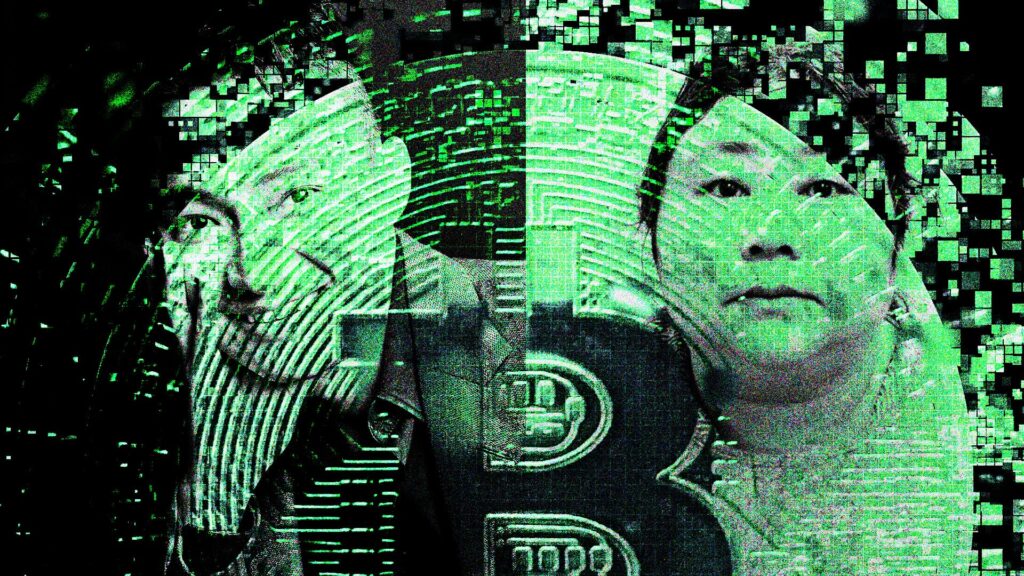The article discusses significant money laundering fines imposed by U.S. authorities, highlighting the $1.9 billion paid by HSBC and the $2.9 billion Goldman Sachs settled for, among others. It then focuses on Zhimin Qian, who orchestrated a massive fraud in China (2014-2017), defrauding over 128,000 victims and converting the stolen funds into Bitcoin. Qian’s confiscated wealth is noteworthy—before her assets were seized, her Bitcoin stash was worth $7.24 billion, far exceeding the fines of major banks.
Qian’s case raises questions about restitution for her victims: should they receive a standard interest rate, the promised returns, or a share of her Bitcoin profit? The article notes unusual cooperation between U.K. and Chinese law enforcement in this case, prompting speculation about potential diplomatic thawing.
The narrative includes odd details about Qian’s aspirations and her passport from St Kitts and Nevis, raising issues about the consequences of citizenship by investment programs. In contrast, blockchain entrepreneur Justin Sun, a fellow citizen of St Kitts, has been welcomed in elite circles despite dubious dealings. The article juxtaposes their fates, emphasizing societal disparities in response to fraud and money laundering.



